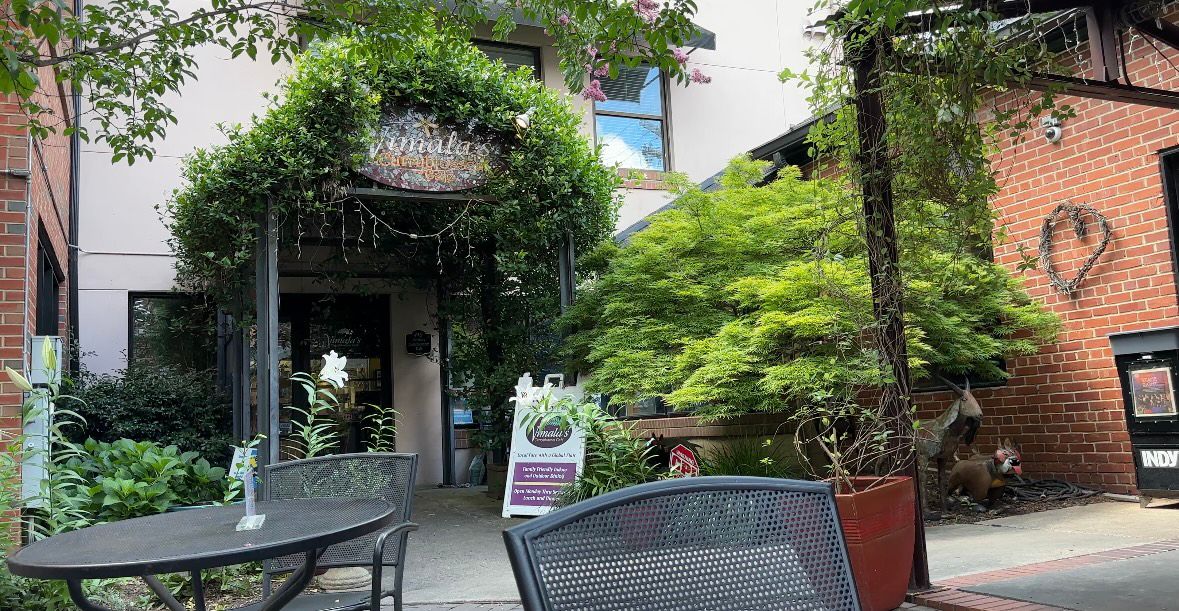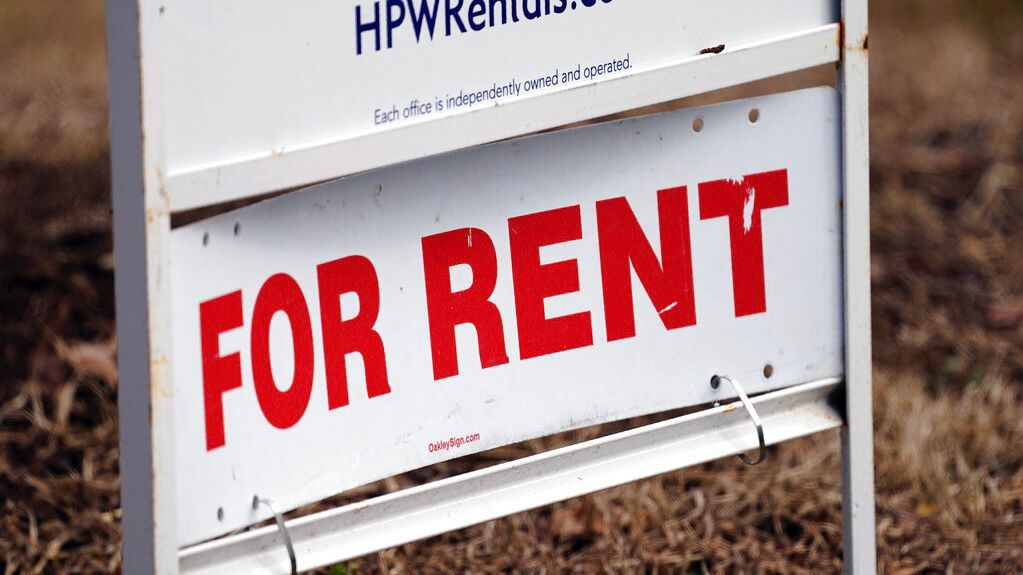RALEIGH, N.C. (AP) — North Carolina legislators voted on Thursday to essentially overturn Gov. Roy Cooper’s order keeping bars closed due to COVID-19, deciding that serving customers outside for an economic punch was worth any additional risk of congregating.
The legislation, approved by the Republican-controlled Senate and House, would allow bars to reopen outdoors only and allow additional seating outdoors for restaurants that the Democratic governor partially reopened for on-premise dining last week.
The chance that the changes will stick decreased as the day went on. While most Senate Democrats joined GOP counterparts in approving the bill Thursday morning, nearly all House Democrats voted against it in the afternoon. That’s a sign that Democrats could uphold any Cooper veto of the bill in the chamber.
In between the chambers’ votes, Cooper publicly urged legislators to reconsider the measure. He said his decision to keep bars shuttered through at least June 26 was based on case data and health experts, leading him to a more limited reopening schedule. The latest numbers from state health officials showed the highest number of virus-related hospitalizations to date — over 700 — and more than 825 deaths since the pandemic began.
“On a day when we’re seeing some of our highest numbers of hospitalizations and death, the Senate wants to open bars,” Cooper said during an afternoon media briefing. “Now, I know that it is a tough time for a business, and I believe that there will be a time when we can open bars. But that time is not now.” He didn’t explicitly mention a possible veto.
Still, the measure marks the strongest overture yet by Republicans running the General Assembly to accelerate the state’s plan to reopen the economy during the pandemic. Many GOP legislators call his orders uneven, unconstitutional and devastating to the state economy.
“This bill does very little except to allow some people to get back to work. It’s that simple,” said Rep. Michael Speciale, a Craven County Republican, before a nearly party-line House vote favoring the GOP. Although Cooper may have a different view on what is best for the state during this health crisis, Speciale added, “we get the overriding opinion on it because we’re the lawmakers.”
This month, Cooper has pulled back slowly from his orders in March limiting commerce and movement. While restaurants have been allowed to reopen their dining rooms, bill supporters said they need a stronger economic lifeline to avoid permanent closure and rehire workers they had to lay off. More than 956,000 individuals have filed unemployment claims since then and the state’s unemployment rate soared above 12% last month.
“We have a chance to provide an economic ventilator that may give these businesses a breath of hope to be successful for years to come,” said Sen. Rick Gunn, an Alamance County Republican shepherding the measure that passed 42-5 in the Senate.
The bill would allow bars to reopen outdoors only, whether on a patio or under a tent or awning. They would be limited to serving 100 people or 50 percent of the bar’s outdoor capacity, whichever is less. The bill also would allow the already partially reopened restaurants and breweries to provide a similar additional outdoor option. Social distancing rules would have to be followed for outdoor seating and areas for alcohol consumption also would be cordoned off.
The few Senate Democrats voting no said they were worried the measure lacked a provision that would scale back capacity should there be a virus surge. They also said it took power away from the governor to make health-based decisions.
“I cannot support a bill that is going to put our communities further at risk,” said Sen. Gladys Robinson, a Guilford County Democrat voting no. Gunn said local health officials already had authority over eateries and bars that failed to follow health guidelines.
More than 25,400 people have tested positive for COVID-19 as of Thursday morning, according to state Department of Health and Human Services. Positive cases have increased while the number of completed tests continue to rise, now reaching beyond 375,000.
Gyms and adult entertainment businesses have sued Cooper, seeking to ease portions of his executive orders keeping them closed. A federal judge this month blocked enforcement of a previous ordering preventing indoor church services of more than 10 people.








